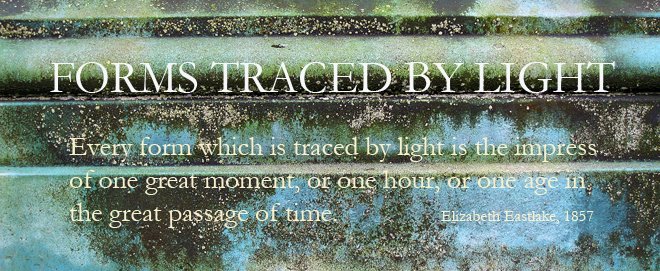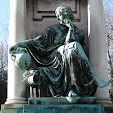Tuesday, November 30, 2010
jug and feather
Tomorrow, in our Memory class, we'll be thinking about Things and memory - the way in which objects are repositories of memory, act as vehicles for personal or family history, and can be used, in writing, to try and make readers see, imagine that they can touch, or feel, something that conveys emotional significance for someone else. And we'll come at this through Woolf's "A Sketch of the Past" - we've already used some of this, since she's so good at elucidating the challenges of writing about one's own past, and I'm intrigued to use a text where the "past" described is also one very unfamiliar to the students in the group. So this jug and bowl seem suitably Victorian objects which to contemplate.
They don't, however, hold any particular resonances for me. I'm pretty certain that I bought them at the Old Jam Factory near Oxford Station, at a time when it held a lot of little antique stalls - but I can't swear blind to that. I know that they lived on top of a bookcase in the spare room in Oxford, where they looked spectacularly good against bright apple green walls. But when I looked at them this evening, it was, in fact, the rather bedraggled peacock feather that supplied the real memory prompt. Yes, I know - at least my mother believes - that it's unlucky to have peacock feathers indoors. But this one somehow made it. It came from a wild peacock: I gathered it in the grounds of ... well, where? I know I could go to an old journal - from 1993 - and look it up. It was an oldish hotel in Ranthambhore, in Rajasthan, and looking at the internet, I think probably the Raj Palace - though the name doesn't spark any bells. It certainly seemed left over from the Raj: I remember eating curried cauliflower in an echoingly empty dining room. What I hadn't been expecting, in writing and doing a minor amount of googling, was to be hit by a very powerful sense of Indian-ness, and, not having been there since 1997, to find myself missing the country badly.
Subscribe to:
Post Comments (Atom)



And we'll come at this through Woolf's "A Sketch of the Past" - we've already used some of this, since she's so good at elucidating the challenges of writing about one's own past, and I'm intrigued to use a text where the "past" described is also one very unfamiliar to the students in the group.I like this side Thanks MA.03327043387
ReplyDelete